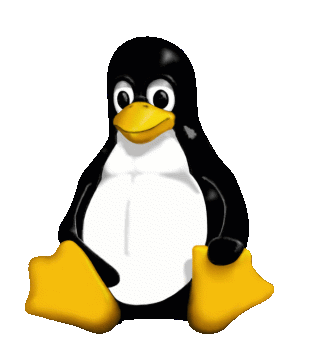One of the great things about Linux is that it's constantly changing. New or improved versions of packages come out all the time. Take the case of LibreOffice.
Version 4.0.0 came out a couple of months ago. Not long ago, 4.0.2 was released. I was most interested in two specific areas. First was the Impress
Remote via Android capability that lets you control your Impress slides using your smartphone. You simply start your LibreOffice presentation, start the remote application on your smartphone, and use the up/down volume buttons to advance the slides. Unfortunately, this clever addition didn't work in version 4.0.0 on the Linux side. The Android app part seemed fine. I had to spend a little time fiddling with the beta of 4.0.1 to get everything working. It runs, out of the box, in 4.0.2. Second, there was much talk surrounding improved performance in 4.0.0. Yes, LibreOffice loaded in roughly half the time it took for older versions, with no other changes to the hardware or version of Xubuntu. While that was an improvement, in comparison 4.0.2 simply screams. Old versions could take five seconds to start. The latest LibreOffice takes about two seconds. File loading is just as fast and immediately puts your content on the screen. I'm very happy with the speed and congratulate the LibreOffice team on a job well done.
Going Further
Applications aren't the only area that constantly changes with Linux. It's a great time to be in hardware. I've talked about the various
inexpensive, small-footprint Linux systems available for some time now. A few years ago, we had the Plug computer for about $100. There's still an awful lot of interest surrounding the
Raspberry Pi, which retails for around $35. Not too long ago, I mentioned the
BeagleBone, which marries a Linux-based single-board-computer with a gaggle of digital/analog input/output pins. Kind of like soldering an Arduino board into a Plug computer, only pretty tightly integrated. Now we have a new Kickstarter project called
UDOO. It's a Linux ARM-based dual- or quad-core processor with an integrated Arduino Due on board. It will run either a streamlined version of Linux or Android and has 54 digital/analog input/output pins. The specs say it will also have integrated WiFi and HDMI. The price for the dual-core version: $119. Delivery is targeted for September 2013, and the company has already reached its initial fundraising goal. Think of the possibilities with that kind of hardware. Finally, I wanted to bring your attention to another Linux-oriented project.
OpenShot is a full-featured, non-linear Open Source video editor, similar to KDEnlive. The project lead, Jonathan Thomas, is porting the app over to Windows and the Mac using a common platform engine. He's also funding the updates via Kickstarter. Previous versions have only been available on Linux. I've used KDEnlive a few times for other projects, but was frustrated with occasional crashes where I'd lose work. OpenShot seems to be much more stable than KDEnlive, and I haven't had problems with the program going belly up.



